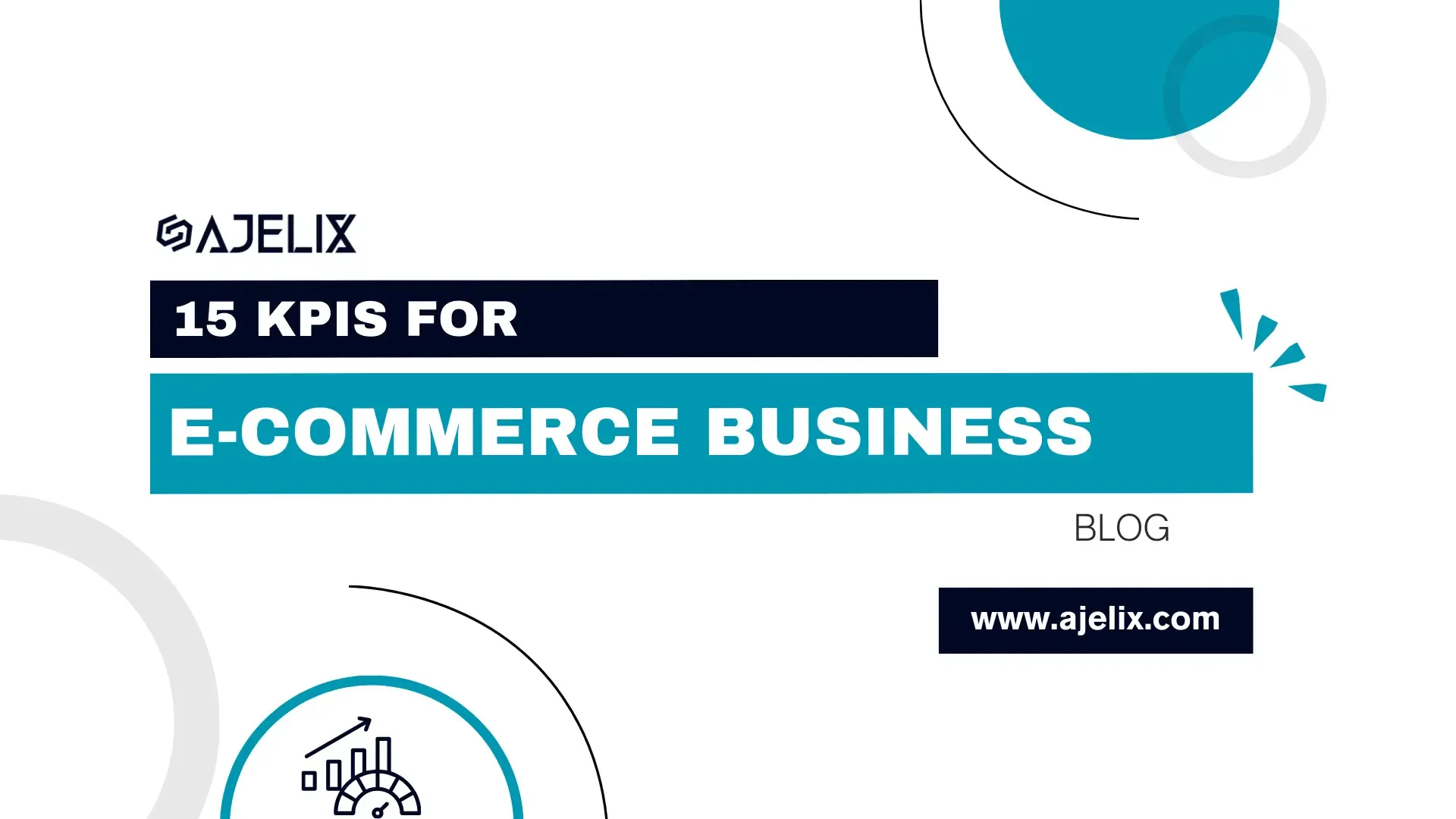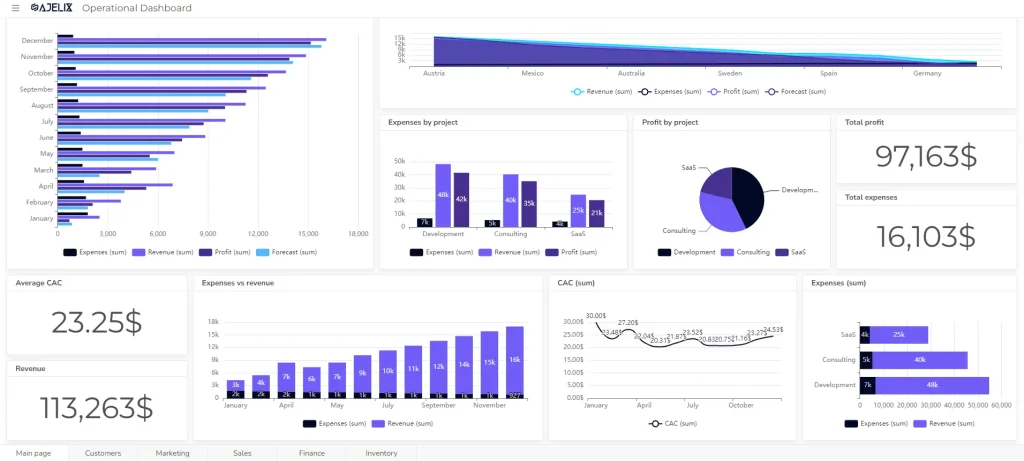- Home
- Data Visualization
- Tools
- Excel Formula Generator
- Excel Formula Explainer
- Google Apps Script Generator
- Excel VBA Script Explainer
- Excel VBA Script Generator
- Excel VBA Code Optimizer
- Excel VBA Code Debugger
- Google Sheets Formula Generator
- Google Apps Script Explainer
- Google Sheets Formula Explainer
- Google Apps Script Optimizer
- Google Apps Script Debugger
- Excel File Translator
- Excel Template Generator
- Excel Add-in
- Your Virtual AI Assistant For Excel Spreadsheets
- AI Answer Generator
- AI Math Solver
- AI Graph Generator
- AI SQL Generator
- Pricing
- Resources
Microsoft Excel is a tool that has been around for decades, and its usefulness has stood the test of time. But in a world where there are so many different software options and cloud-based tools, is Excel still relevant? The answer is a resounding yes, and in this article, we’ll explore why.
First, let’s talk about what Excel is and what it can do. Excel is a spreadsheet program that allows users to organize, analyze, and manipulate data. It is used by millions of people worldwide, from individuals who use it to manage their personal finances to businesses that use it for everything from accounting to inventory management.
Summary
- Top 4 Common Formula Errors in Excel
- Auditing Tools: Simplify Your Troubleshooting Process
- Check for Syntax Errors: Catch Mistakes Before They Happen
- Ensure Data Types Match: Avoid Common Calculation Errors
- Use Named Ranges: Make Your Formulas Easier to Understand and Maintain
- Avoid Circular References: Keep Your Formulas Running Smoothly
- Conclusion Why Formulas Not Working and How To Fix That
Why do Businesses Use Excel?
One of the main reasons that Excel is still relevant today is its versatility. There are a few other tools that can be used in so many different ways. For example, businesses can use Excel to:
- Create budgets and financial forecasts
- Track inventory and sales
- Analyze customer data and create reports
- Develop project timelines and manage resources
- Monitor employee performance and track productivity
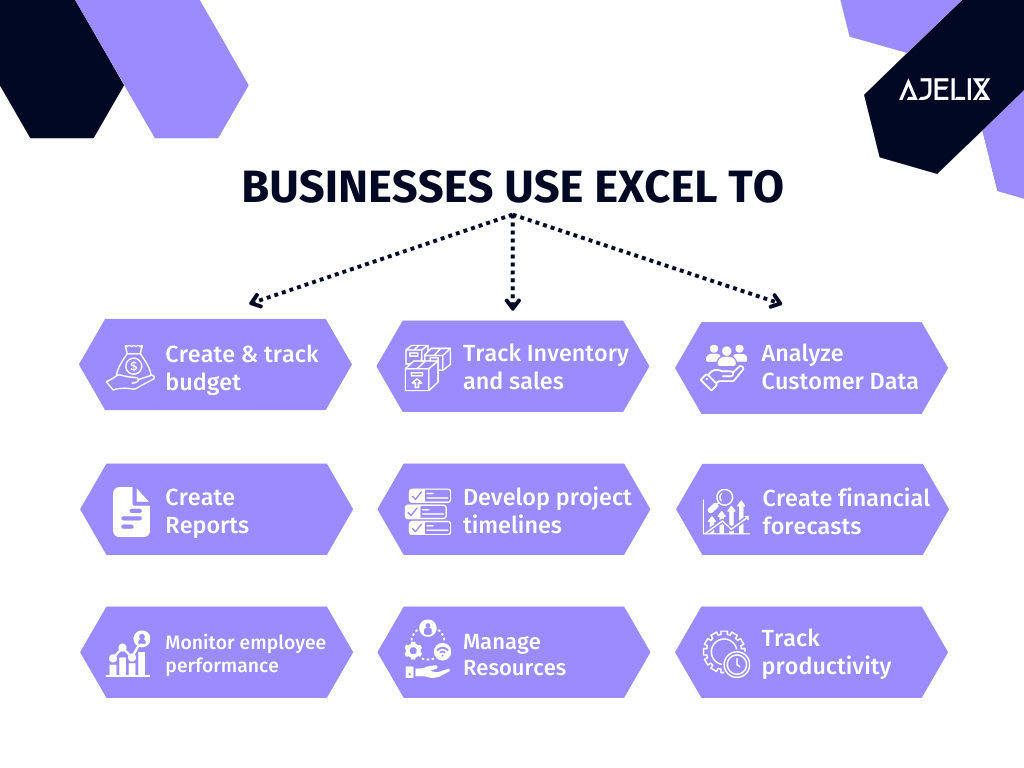
Graphic made by the author
The possibilities are almost endless, and that’s why Excel remains a key tool for businesses of all sizes and industries.
Excel widely used in the USA
Given the widespread adoption of Microsoft Excel, with over 1.3 million companies in the USA alone utilizing it according to Statista data from 2024, it holds a significant position in business data analysis.
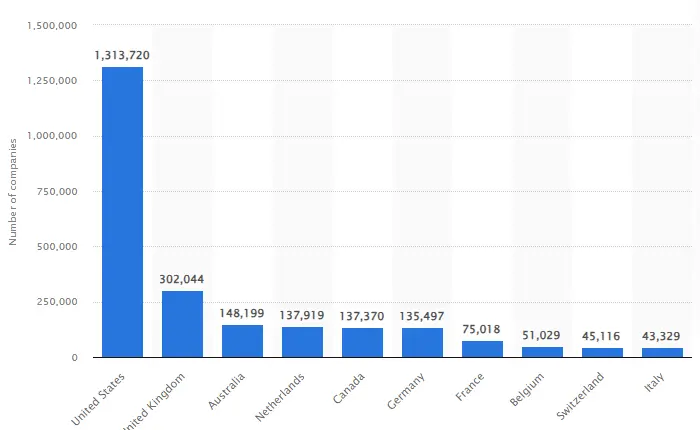
This prevalence stems from Excel’s user-friendly interface and familiarity among many users. However, for complex business intelligence (BI) needs, specialized BI tools offer distinct advantages.
Excel Usability Advantages
But beyond its versatility, Excel has several other advantages that make it a valuable tool for businesses. One of the biggest is its ease of use.
While Excel can be a complex program with many advanced features, it is also easy to learn for beginners. This means anyone can start using Excel to organize and analyze data without extensive training or technical expertise. And this is one of the main reasons why so many businesses use Excel for different tasks.
| Advantage | Description |
|---|---|
| Familiarity and Ease of Use | Excel’s widespread adoption makes it intuitive for most users, with minimal training required. |
| User-Friendly Interface | The layout is straightforward, with easy access to tools and features. |
| Powerful Formulas and Functions | Excel offers a vast library of formulas and functions for complex calculations and data manipulation. |
| Data Visualization Tools | Create charts and graphs to present data in a clear and visually appealing way. |
| Collaboration Features | Share and co-edit spreadsheets with colleagues in real-time. |
| Customization Options | Customize the look and feel of spreadsheets to fit specific needs and preferences. |
Another advantage of Excel is its compatibility with other software tools. For example, many businesses use customer relationship management (CRM) software to manage customer data. Excel can easily integrate with these tools, allowing businesses to pull data from their CRM system into Excel for analysis and reporting.
Excel For Business Intelligence
While Excel is a powerful tool, it’s important to acknowledge it wasn’t designed as a primary database for complex Business Intelligence (BI). However, it can be a useful starting point for exploring data. Excel can import and manipulate data from various sources, allowing you to build basic reports and visualizations. Its familiar formulas and pivot tables can help analyze trends and identify patterns.
For more sophisticated BI needs, consider Ajelix BI or similar tools. These specialize in handling large datasets, offer secure data storage, and provide advanced features for creating interactive dashboards and AI in-depth analysis. Think of Excel as a great way to prototype ideas and Ajelix BI as the professional kitchen to turn those ideas into insightful reports that drive business decisions.
Ready to give it a go?
Connect your data and create professional reports
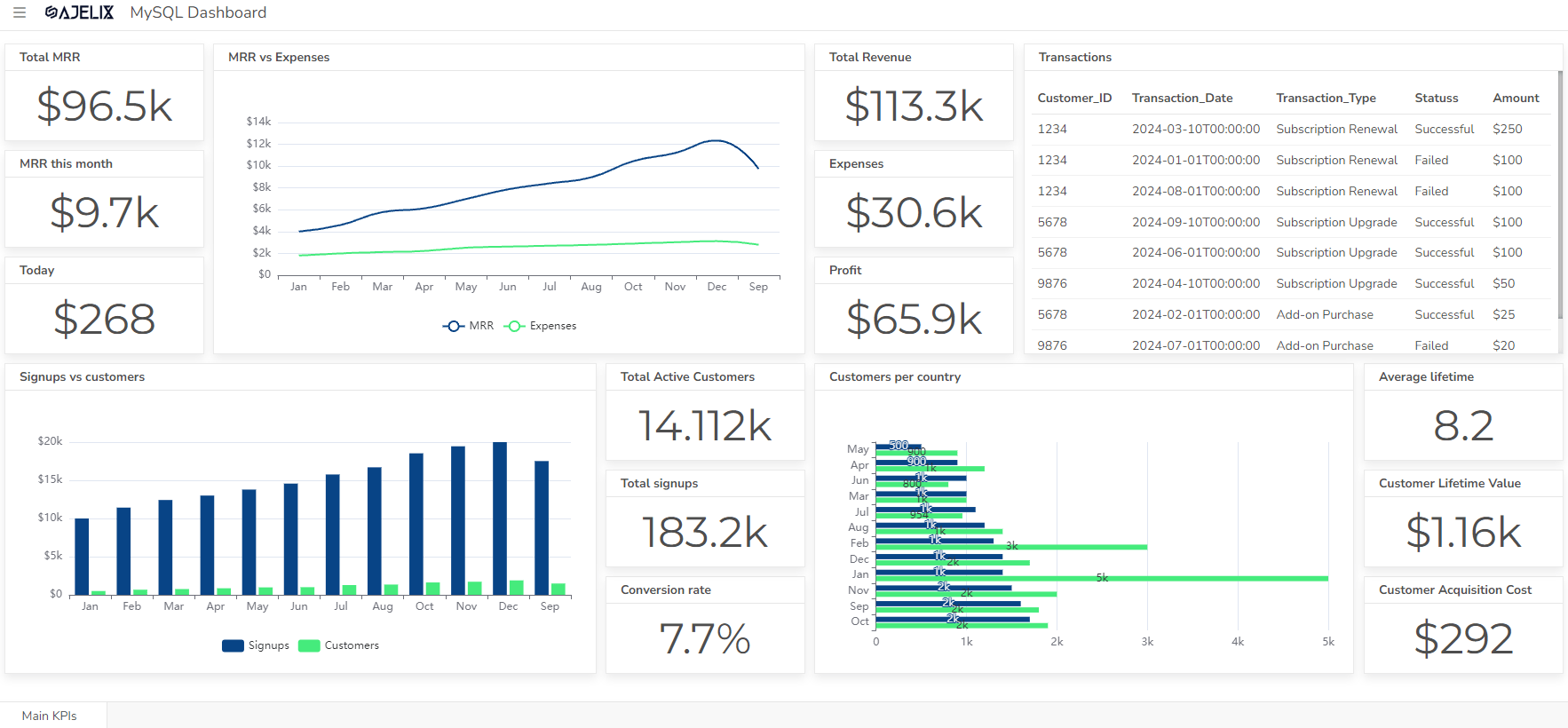
Start free
Try free and upgrade whenever
Is Excel Still Relevant from Case Studies
Personal example: One of my clients, a small retail business, struggled to manage its inventory effectively. They used a combination of spreadsheets and paper records, making it difficult to track their inventory levels and reorder products promptly. By transitioning to Excel, we were able to create a custom inventory management system that automated much of the process. This not only saved time but also reduced the risk of stockouts and overstocking, improving the business’s bottom line.
Case study: Another great example of Excel’s versatility in action is the story of the US baseball team. In 2017, the team struggled to improve their field performance. They turned to data analysis to try to identify areas for improvement. By using Excel to analyze player data and create custom reports, the team was able to identify key performance indicators and make data-driven decisions. This ultimately led to a significant improvement in their win-loss record.
Why Do Businesses Still Prefer Using Excel?
Even with these advantages, some might argue that Excel is outdated and that businesses should use newer, more advanced tools. While it’s true that there are many newer software options out there, there are a few reasons why Excel still holds its own:
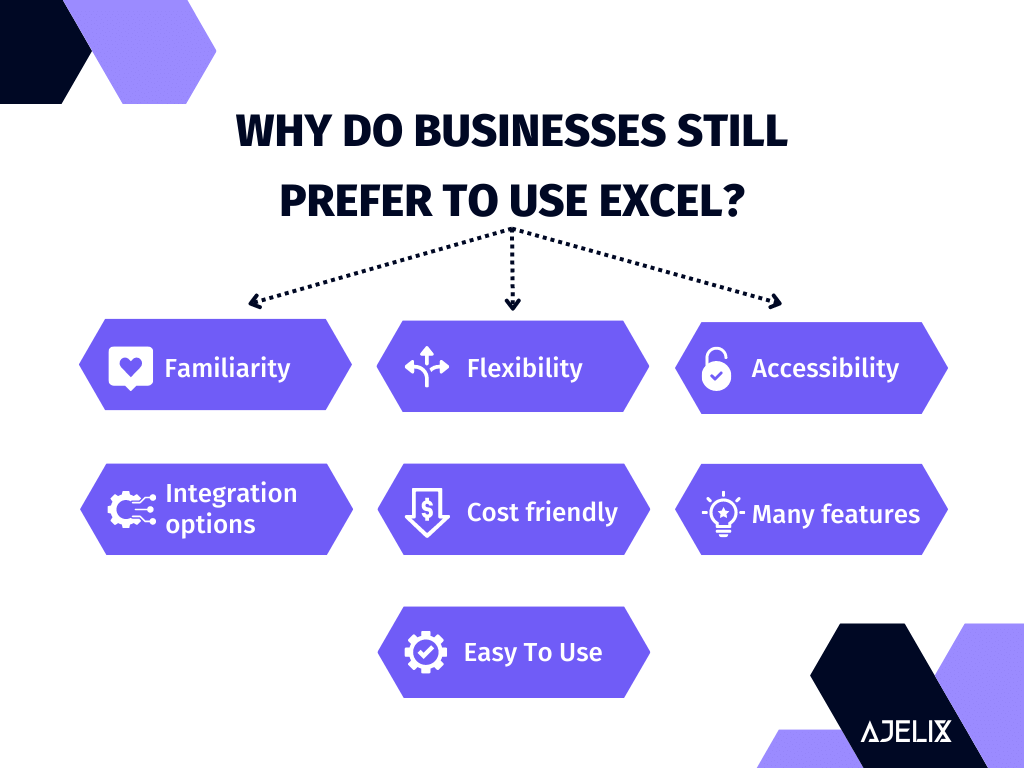
- Familiarity: Excel has been around for decades, and many professionals have been using it for a long time. They are familiar with its interface, shortcuts, and functions, and this familiarity can lead to increased efficiency.
- Flexibility: Excel is incredibly flexible and can handle a wide range of tasks, including complex calculations, data analysis, and visualizations.
- Accessibility: Excel is widely available, and most computers come with it pre-installed. This makes it easy for businesses of all sizes to use.
- Integration: Excel can integrate with other software and tools, making it easier to import and export data to and from other systems.
- Cost: Excel is relatively affordable compared to other specialized software tools. Many businesses may not need the advanced features of specialized software and find that Excel meets their needs at a lower cost.
Personal example: One of my non-profit organization’s clients struggled to manage its donor database. They had tried using other software tools but found that they were too expensive and didn’t offer the flexibility they needed. By creating a custom Excel template, we were able to automate much of the donation tracking process and create custom reports for the organization’s board of directors. This not only saved time but also saved the organization money that they could use towards their mission.
Conclusion: Excel Still Relevant for Businesses
Of course, Excel is not a perfect tool. There are certain limitations to what it can do, especially when compared to more advanced software options. For example, Excel might not be the best choice for businesses that need to process large volumes of data in real time.
However, for most businesses, Excel remains a powerful and versatile tool that can provide significant benefits. By using Excel to its fullest potential, businesses can save time, reduce errors, and improve their decision-making processes. If you’re struggling with Excel Automation view our services and contact us.
So, is Microsoft Excel still relevant? Absolutely. While there are certainly newer software options out there, Excel remains a key tool for businesses of all sizes and industries. With its versatility, ease of use, and compatibility with other software tools, Excel is a valuable asset that can help businesses achieve their goals.
If you’re not already using Excel to its fullest potential, now is the time to start. Whether you’re looking to automate data entry, create custom reports, or analyze customer data, Excel has the tools you need to get the job done. With a little bit of creativity and some expert guidance, you can unlock the full potential of Excel and take your business to the next level.
Learn more about Excel and Google Sheets hacks in other articles. Stay connected with us on social media and receive more daily tips and updates.
FAQ
Yes, Excel remains a great tool for basic data analysis and calculations. Its user-friendly interface and familiar formulas make it easy to learn and use for quick tasks. However, for more advanced analytics you should consider data analytics tools.
Yes. Excel remains a widely used spreadsheet tool with strong data organization, analysis, and visualization capabilities. Basic knowledge is valuable across many fields.
Excel offers more power for complex data analysis and advanced features, while Google Sheets shines in real-time collaboration and ease of access.
Use Excel for smaller datasets & simpler analysis and basic calculations & visualizations. Use specialized tools for large & complex datasets and in-depth analysis & specific needs.
Speed up your spreadsheet tasks with Ajelix AI in Excel
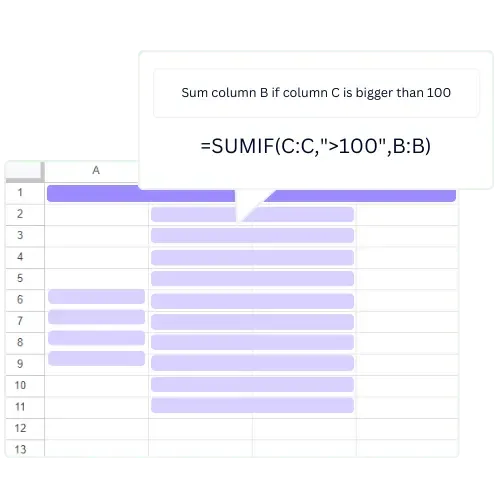
Similar posts
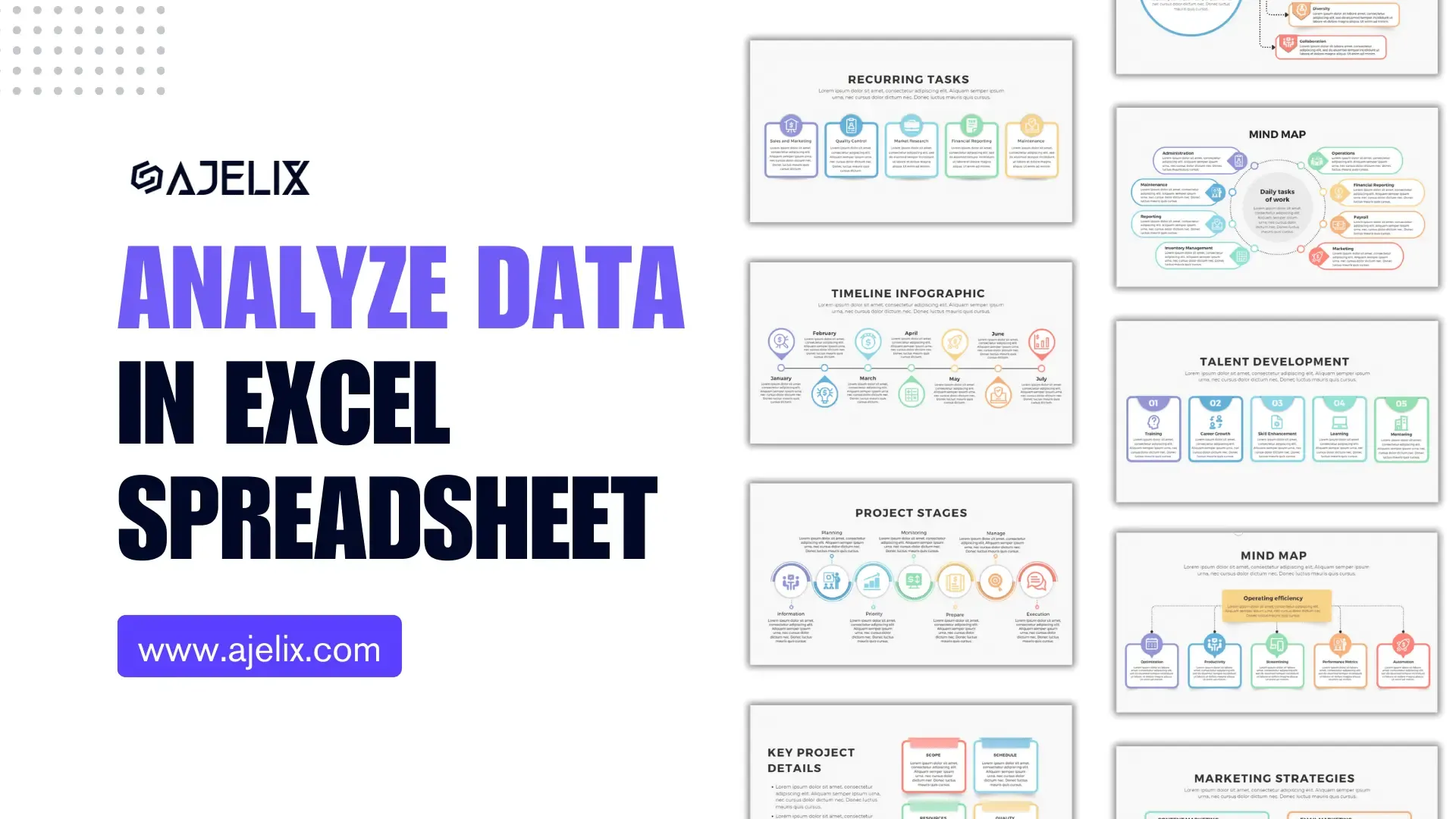
How To Analyze Data In Excel Spreadsheet
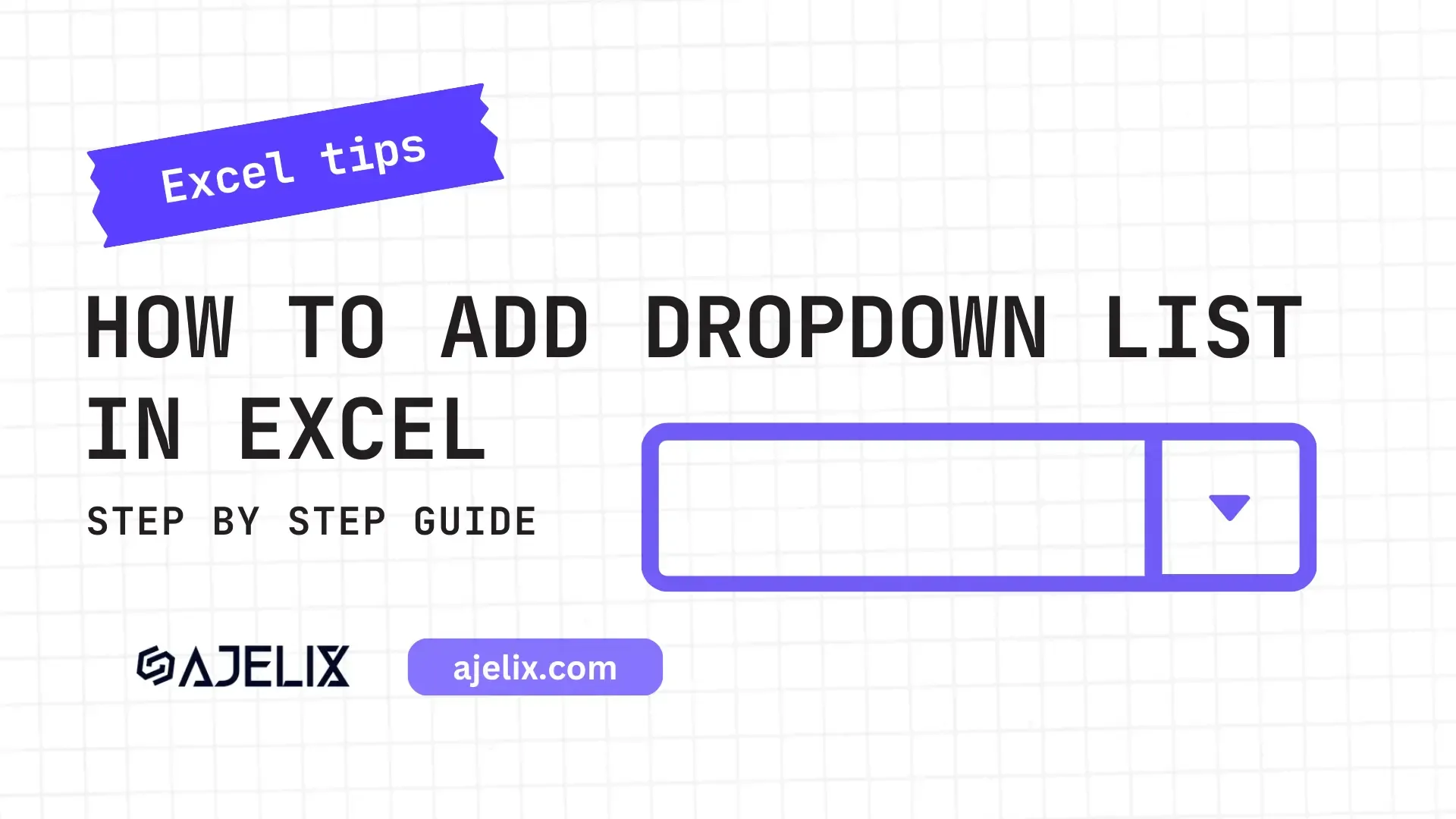
How To Add Drop Down List in Excel
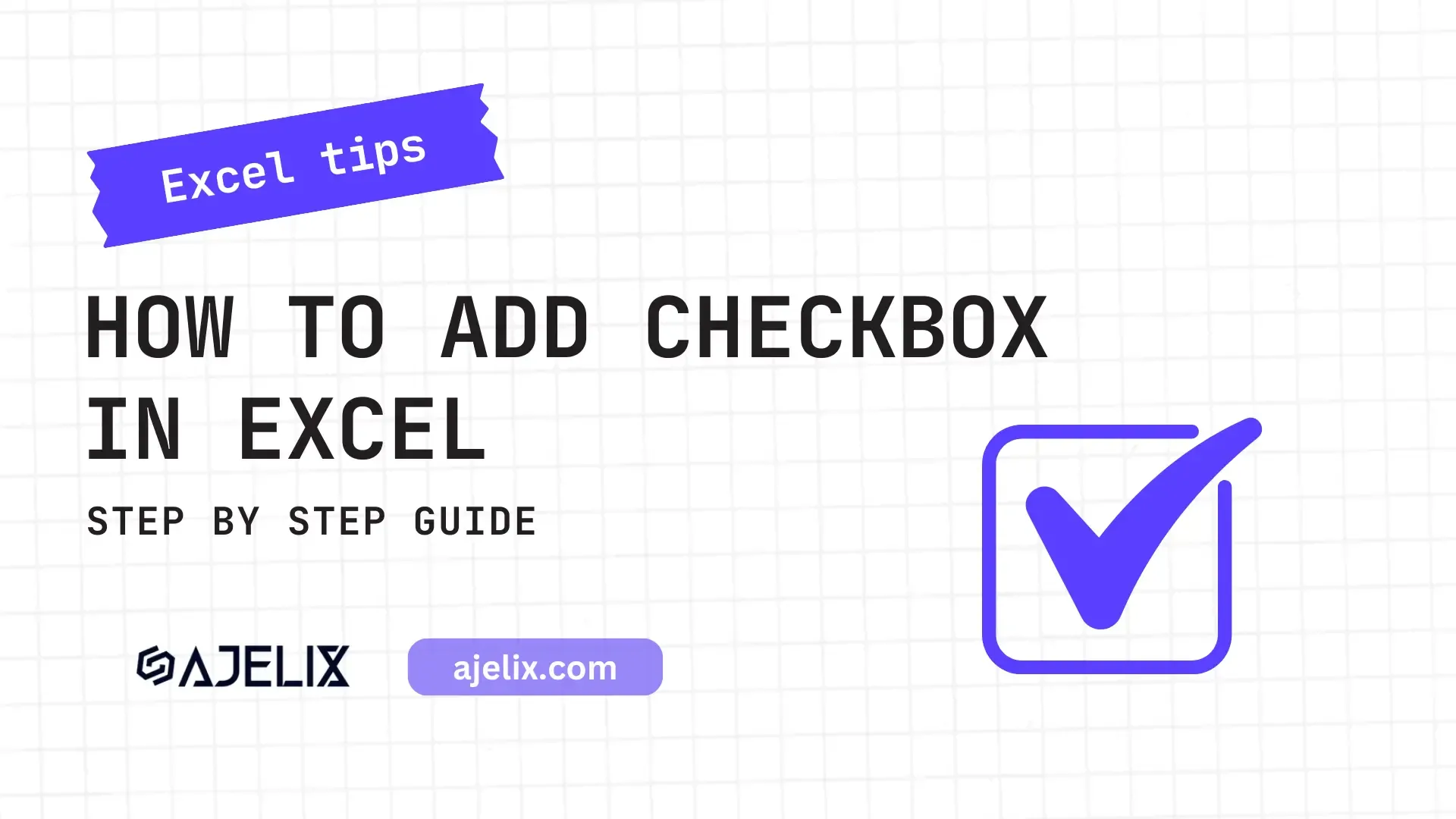
How To Add Checkboxes In Excel
Online Calculators
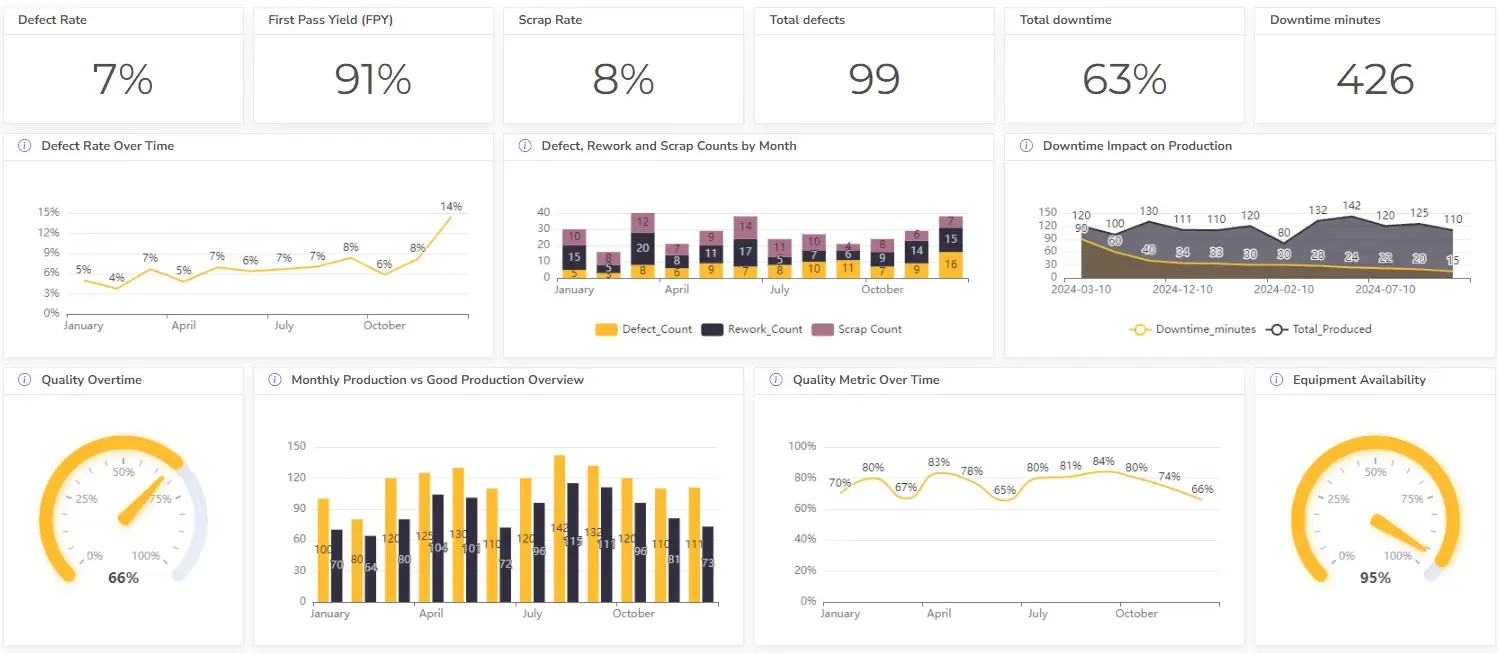
Manufacturing Dashboard Examples & KPIs
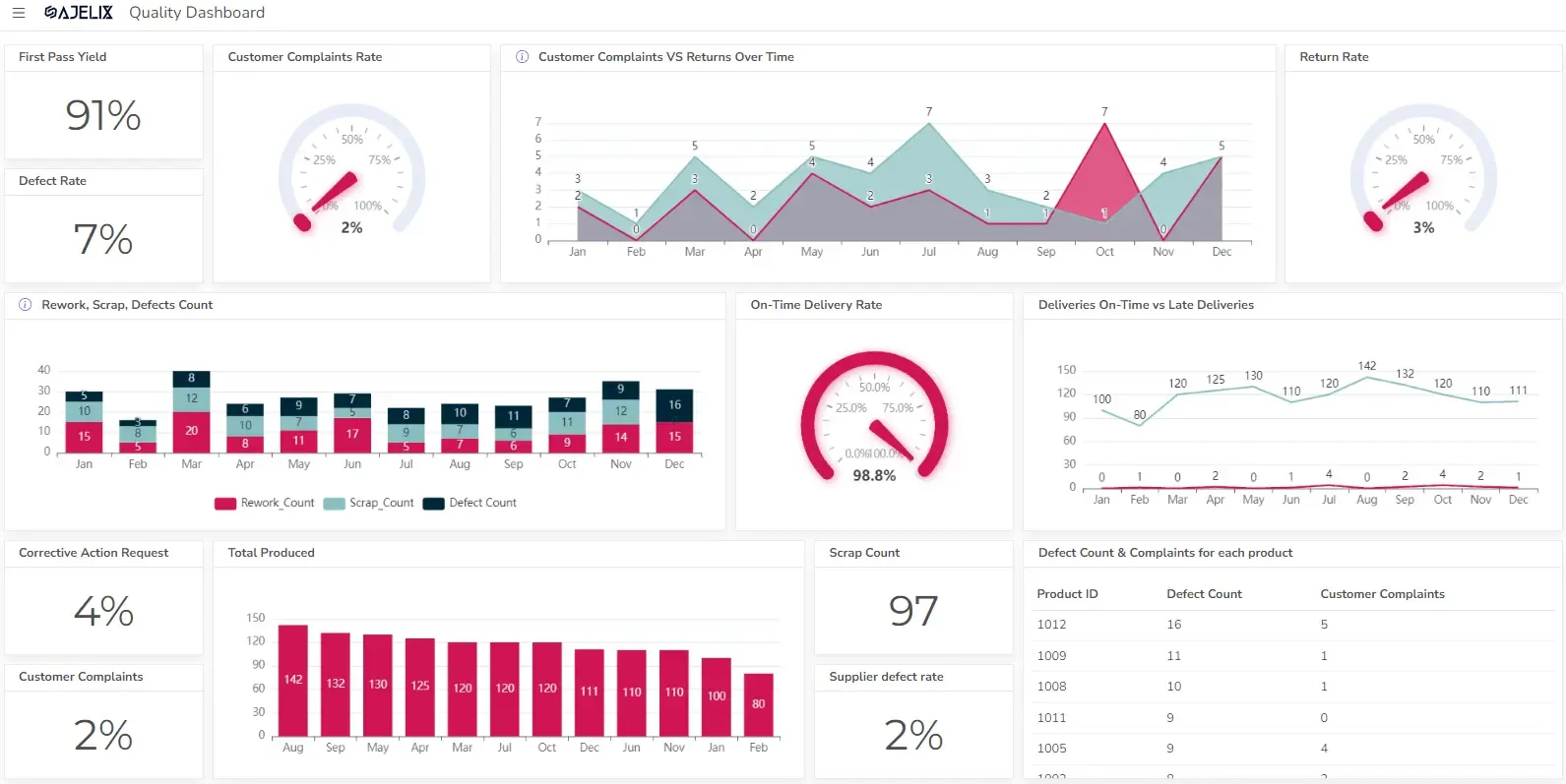
Quality Dashboard Examples For Quality Control
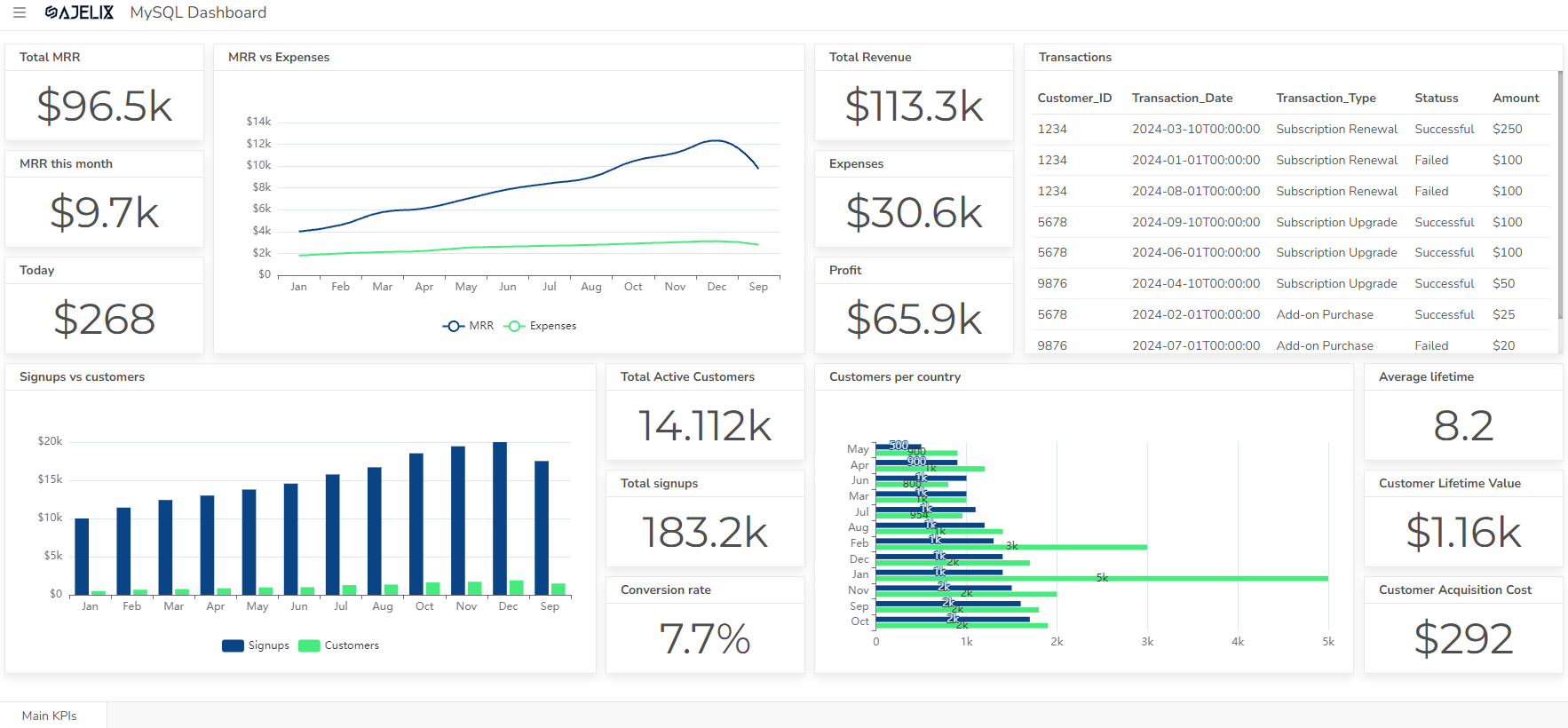
SaaS Dashboard Examples & KPIs
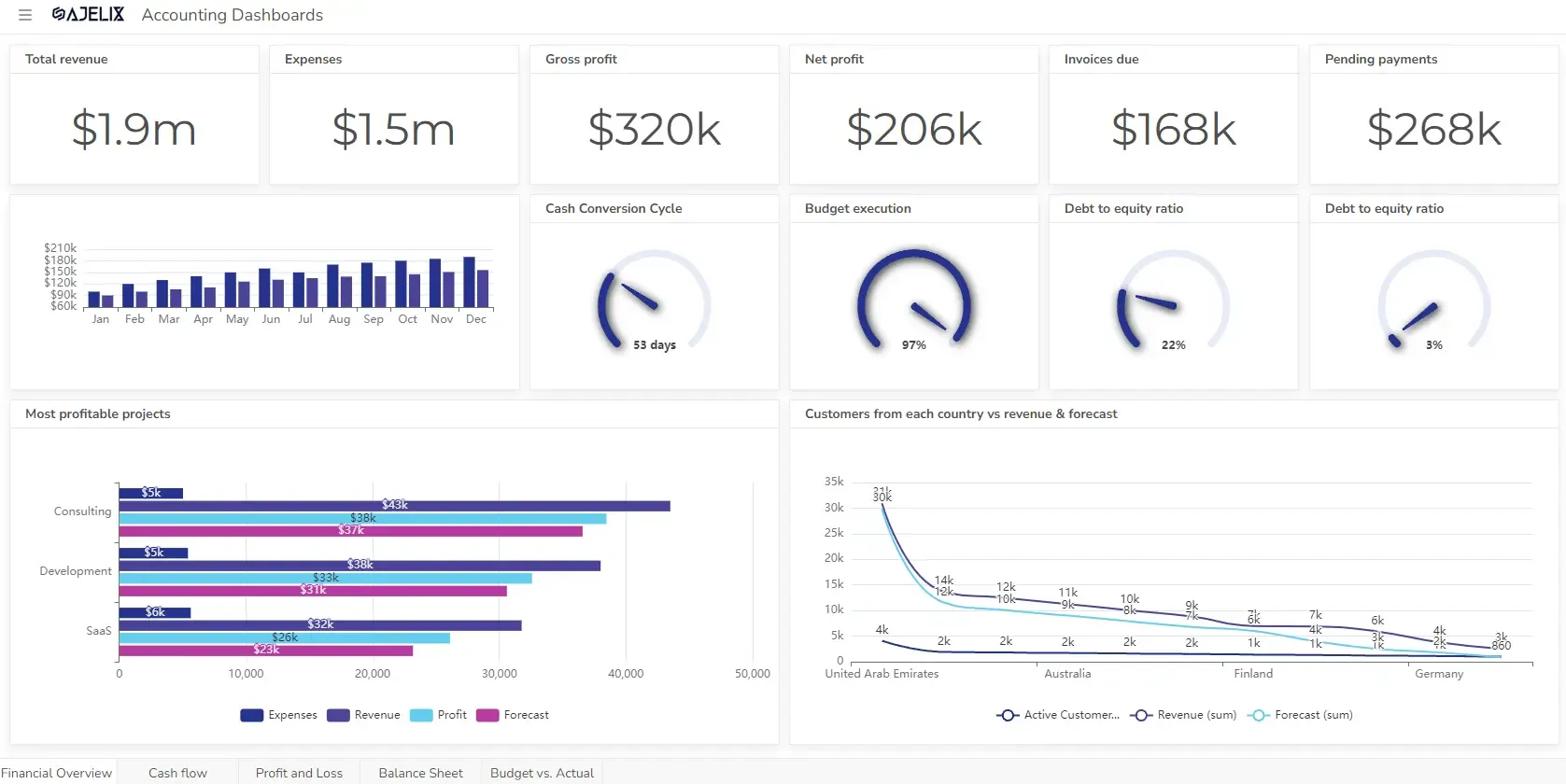
CFO Dashboard Example & KPIs
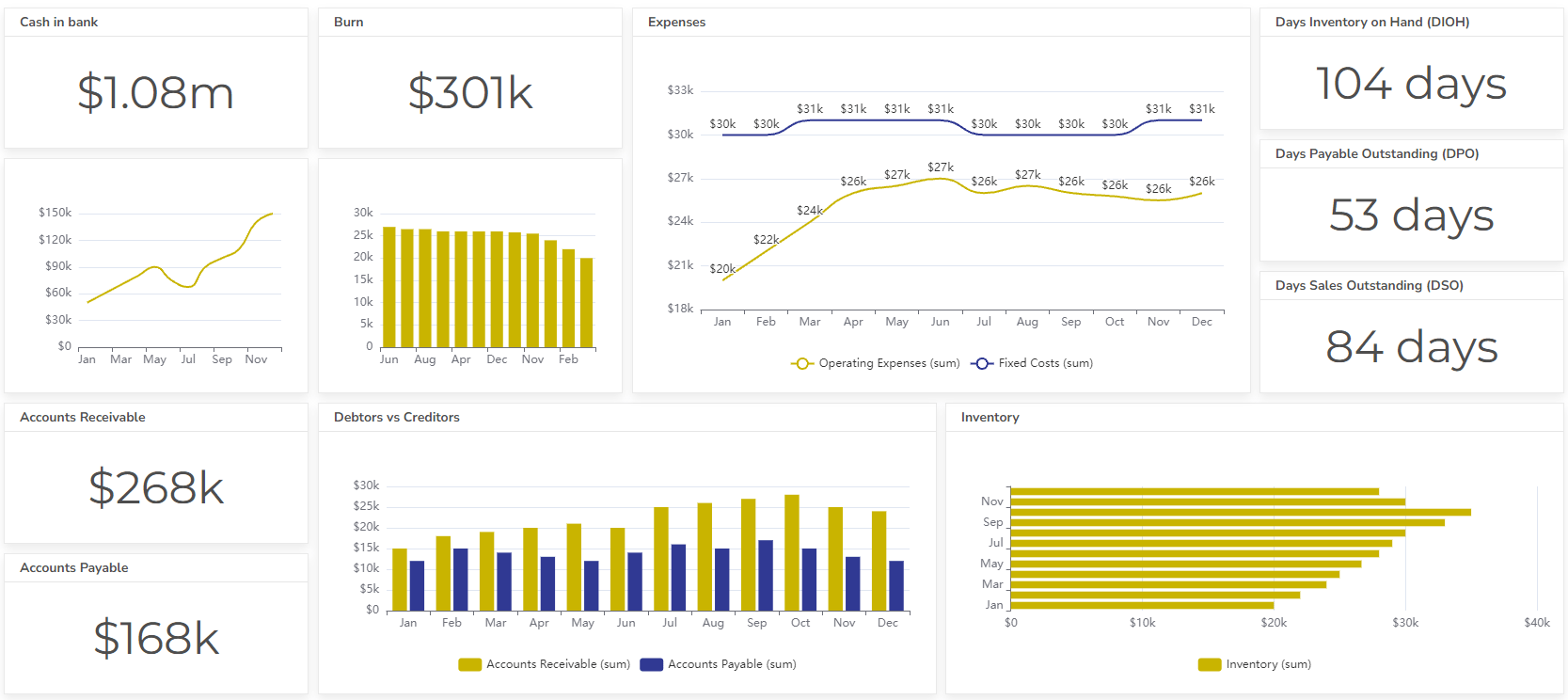
Cash Flow Dashboard Example For Analysis And Tracking
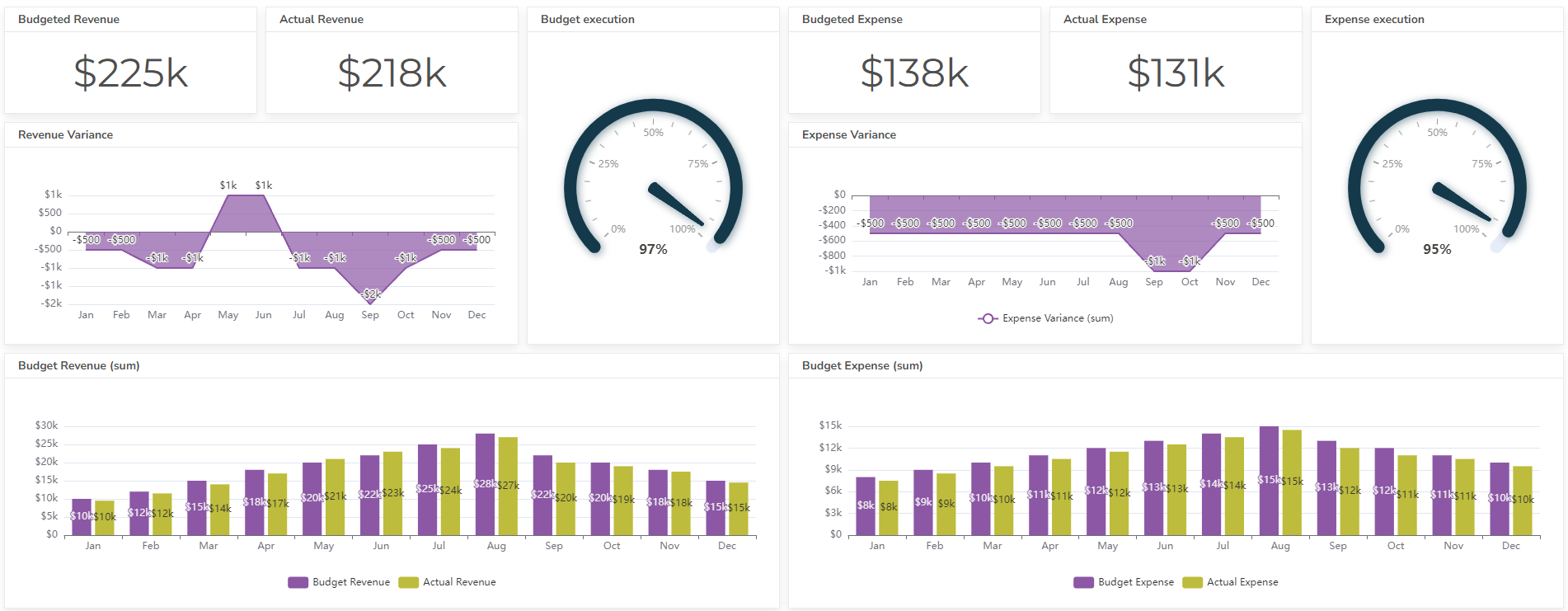
Budget vs Actual Dashboard Example: Variance Analysis
Business Intelligence

24 IT KPIs & Metrics For IT Department With Examples
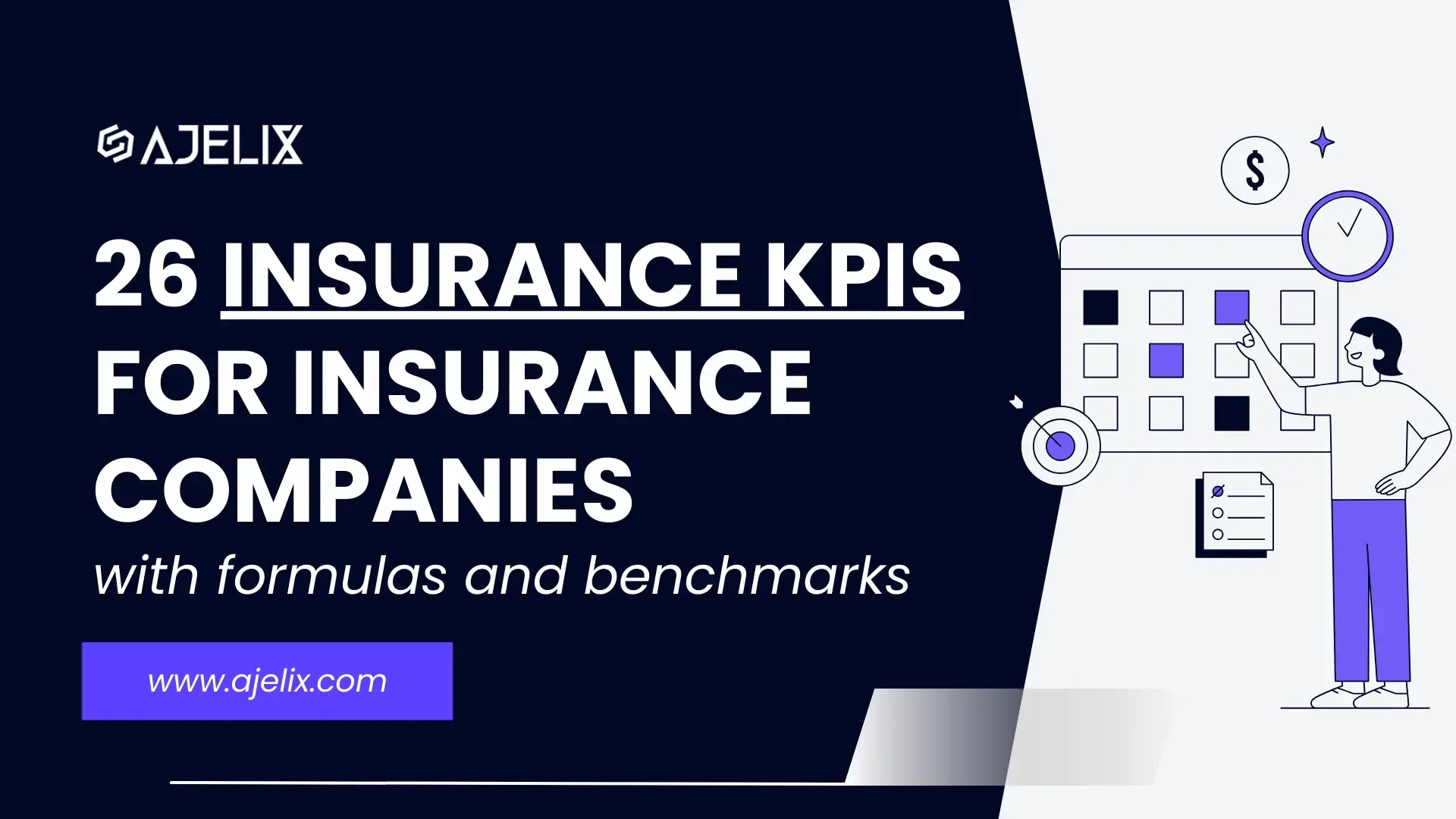
26 Insurance KPIs & Metrics For Insurance Agencies

10 Administrative KPIs For Admin Department Performance
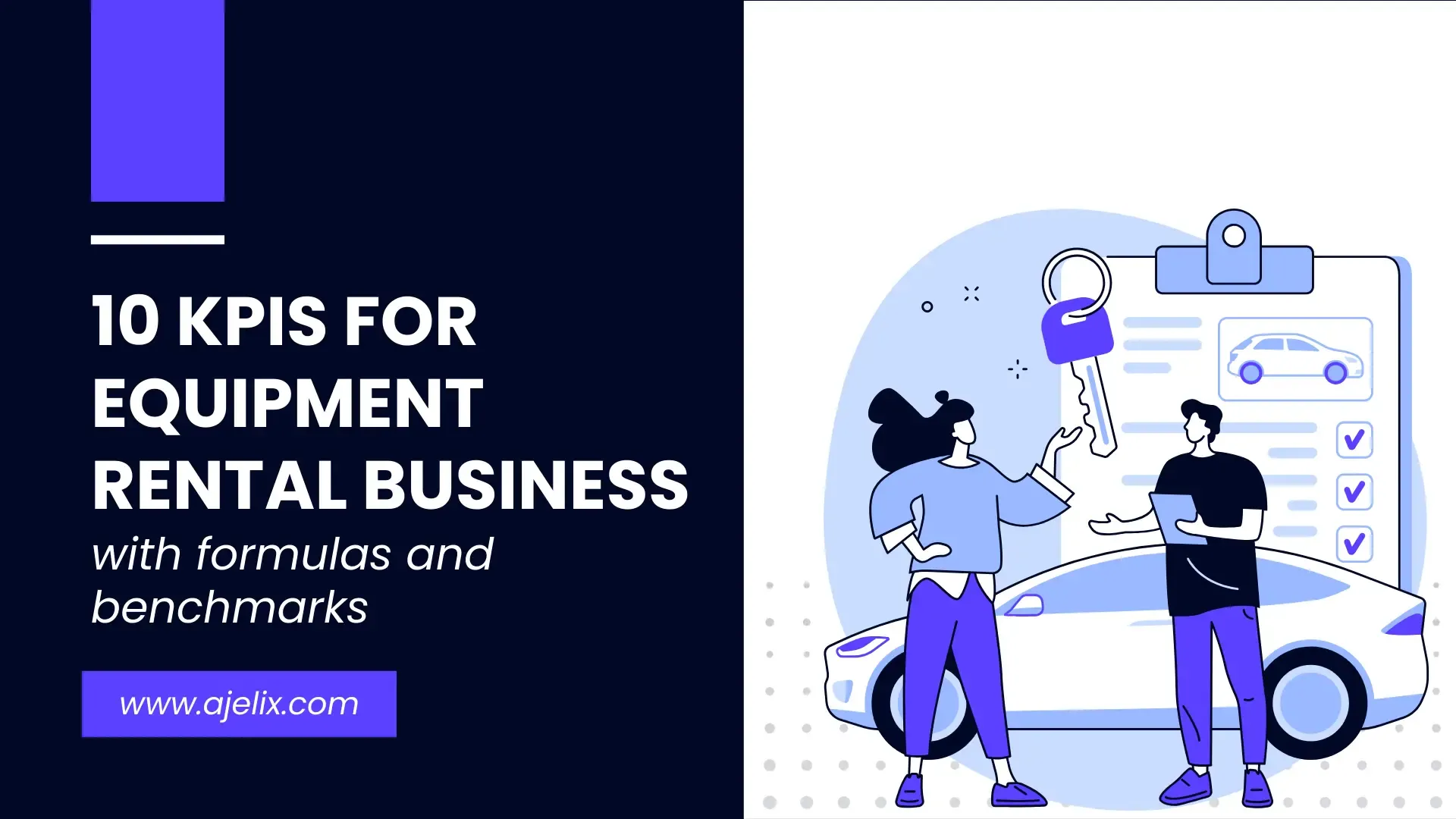
10 Equipment Rental KPIs For Rental Business
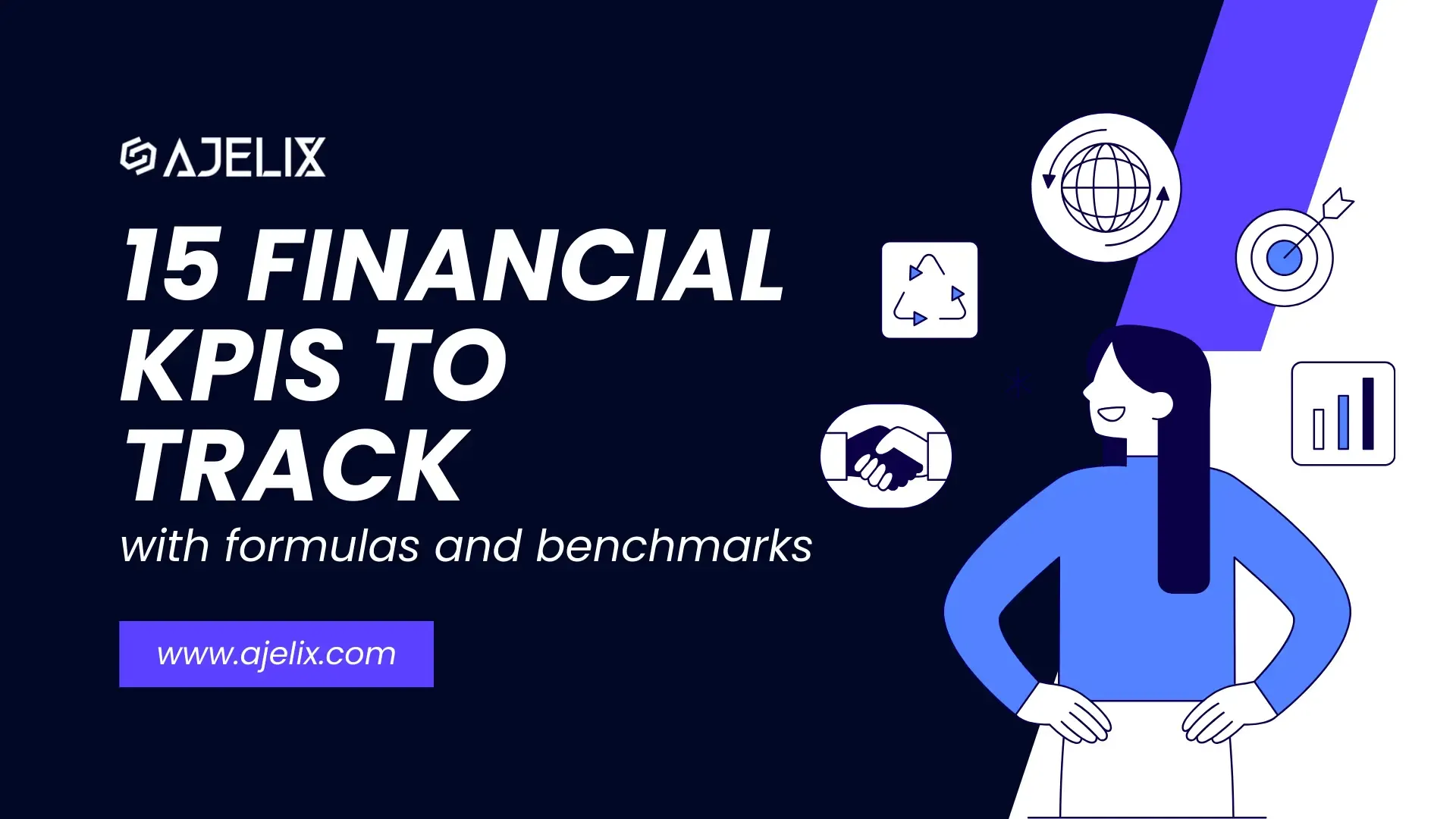
20 Financial KPIs For The Finance Department
